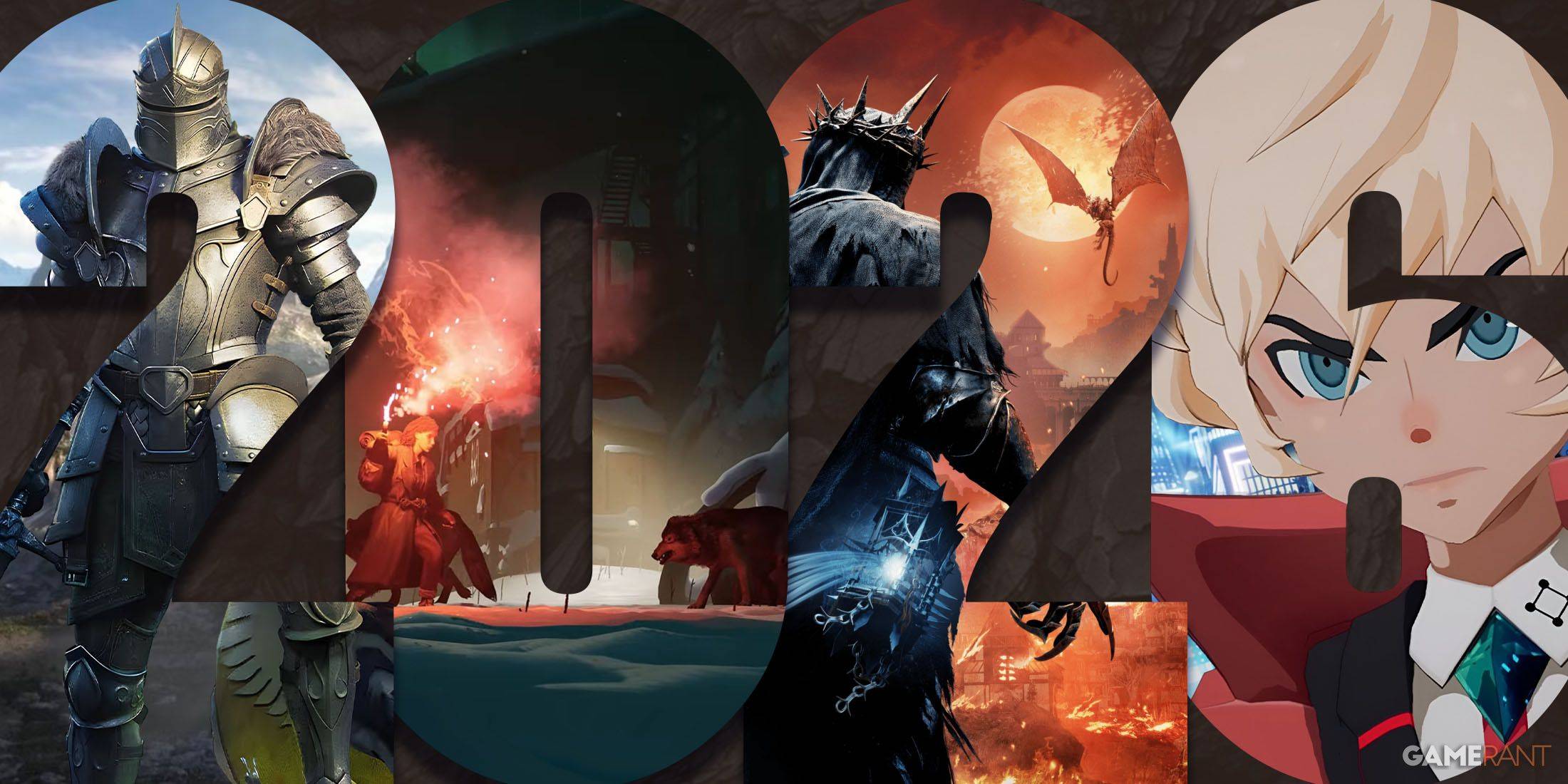Dune Director Ridley Scott Reveals Never-Produced Script
Ridley Scott's Lost Dune: Unveiling a 40-Year-Old Script
This week marks four decades since David Lynch's Dune premiered, a box office flop that later cultivated a devoted cult following. Its stark contrast to Denis Villeneuve's recent adaptations highlights the enduring fascination with Frank Herbert's epic novel. Ridley Scott's involvement, before Lynch took the helm, has remained largely shrouded in mystery—until now.
A 133-page draft of Scott's abandoned Dune screenplay, penned by Rudy Wurlitzer in October 1980, has been unearthed from the Coleman Luck archives at Wheaton College. This discovery reveals a significantly different vision than what audiences have seen on screen.
Prior to Scott's involvement, Frank Herbert's own two-part screenplay, while faithful, proved cinematically unwieldy. Scott, after reviewing it, selected a handful of scenes but ultimately commissioned Wurlitzer for a complete rewrite. This version, like Herbert's and Villeneuve's, was conceived as the first installment of a two-part epic.
Wurlitzer's script, described by Scott as "pretty fucking good," offers a darker, more violent, and politically charged interpretation. Its rejection stemmed from various factors, including the emotional toll on Scott following his brother's death, budgetary concerns exceeding $50 million, and the allure of Universal's Blade Runner project. Crucially, Universal executive Thom Mount noted a lack of unanimous enthusiasm for Wurlitzer's adaptation.
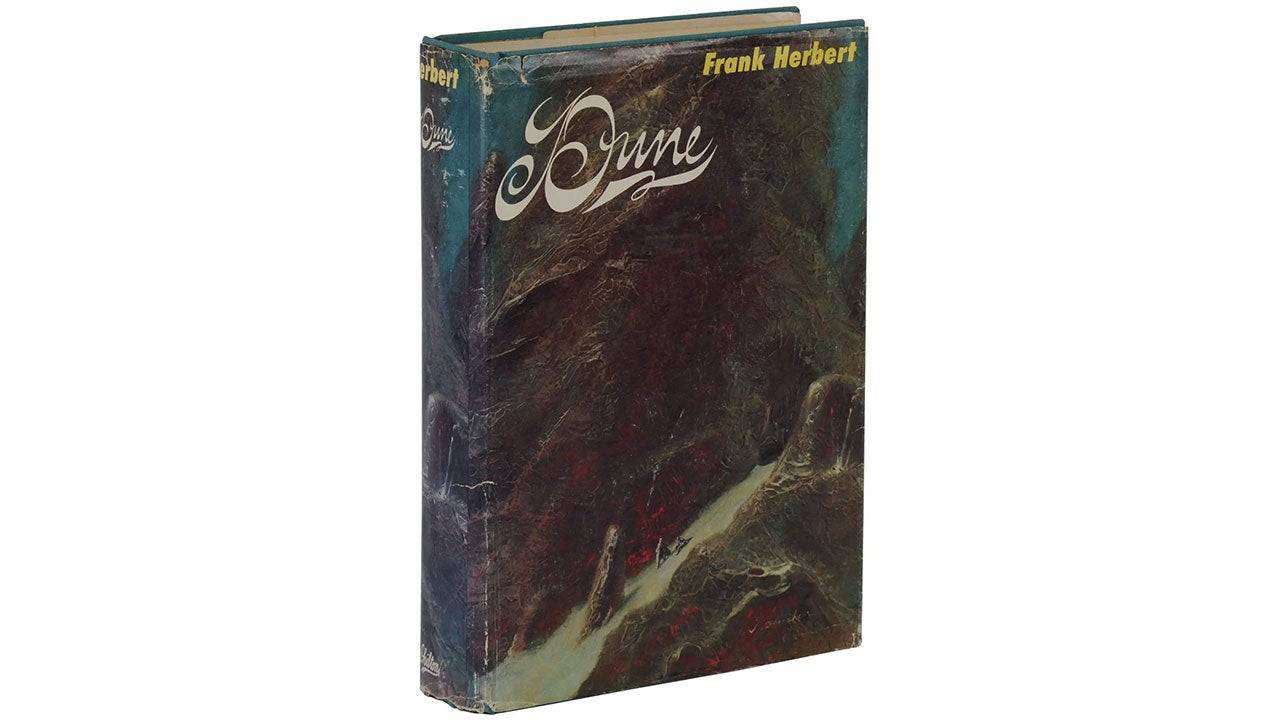
A Reimagined Paul Atreides
Wurlitzer's script portrays a far more assertive Paul, starting as a seven-year-old exhibiting savage innocence and culminating in a 21-year-old master swordsman. This contrasts with both Lynch's and Villeneuve's portrayals. Stephen Scarlata, producer of Jodorowsky's Dune, notes the script's depiction of Paul's active role, surpassing even Duncan Idaho in skill. However, Scarlata prefers Lynch's portrayal, highlighting the tension created by Paul's vulnerability.
The script introduces a pivotal plot twist: the Emperor's death serves as the catalyst for the events that unfold. This differs significantly from Herbert's novel. The Emperor's demise is revealed in a mystical scene within the Emperor's Inner Kingdom, where his soul is transported, and he bequeaths Arrakis to Duke Leto.
A striking similarity to Lynch's version is the inclusion of the Navigator, a spice-mutated being visualized as an elongated, vaguely humanoid figure. This element, absent from the book's first installment, anticipates Scott's later work on Prometheus.
Violence and Ecological Themes
The script amplifies the violence, depicting brutal fights and graphic deaths. The portrayal of Arakeen as a squalid city, reminiscent of The Battle of Algiers, underscores class disparity. The introduction of a bar fight, described as reminiscent of 1980s action films, adds a layer of unexpected action.
The ecological themes are prominent, with Liet Kynes highlighting the devastating impact of spice harvesting. The scenes of the Atreides family's arrival on Arrakis, with its medieval aesthetic and Bosch-like Dew Collectors, reflect Scott's concurrent work on Legend.
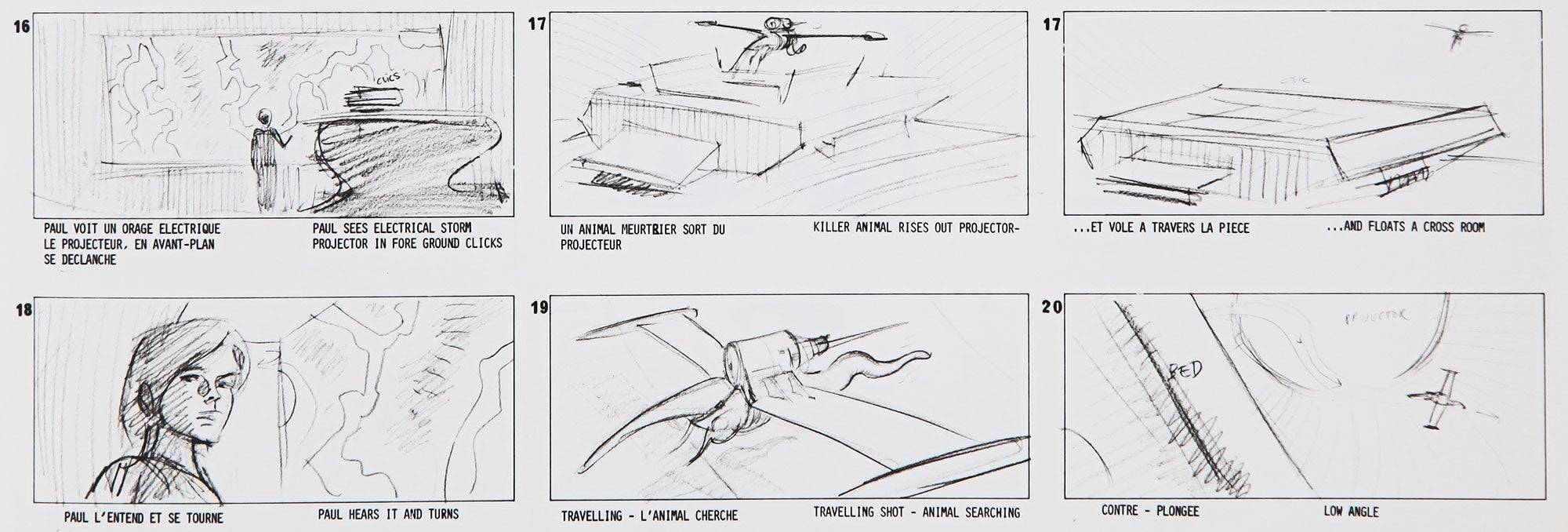
The Hunter-Seeker, a bat-like creature with a cobra's head, offers a biological twist on the mechanical device from the book and other adaptations. This echoes Jodorowsky's unmade Dune, where the Hunter-Seeker was a flying creature carrying a bomb.
The escape into the desert is intense, with a crash landing and a harrowing journey. The script features a face-off with a sandworm, mirroring Villeneuve's adaptation. However, the script notably omits the incestuous relationship between Paul and Jessica, a point of contention with Herbert and De Laurentiis.
The Fremen encounter, including the duel with Jamis, is brutal and closely mirrors scenes in Lynch's film, albeit with a different outcome. The Water of Life ceremony, featuring a Shaman with three breasts and a sandworm, adds a surreal, almost hallucinatory element, drawing parallels to Carlos Castaneda's work.
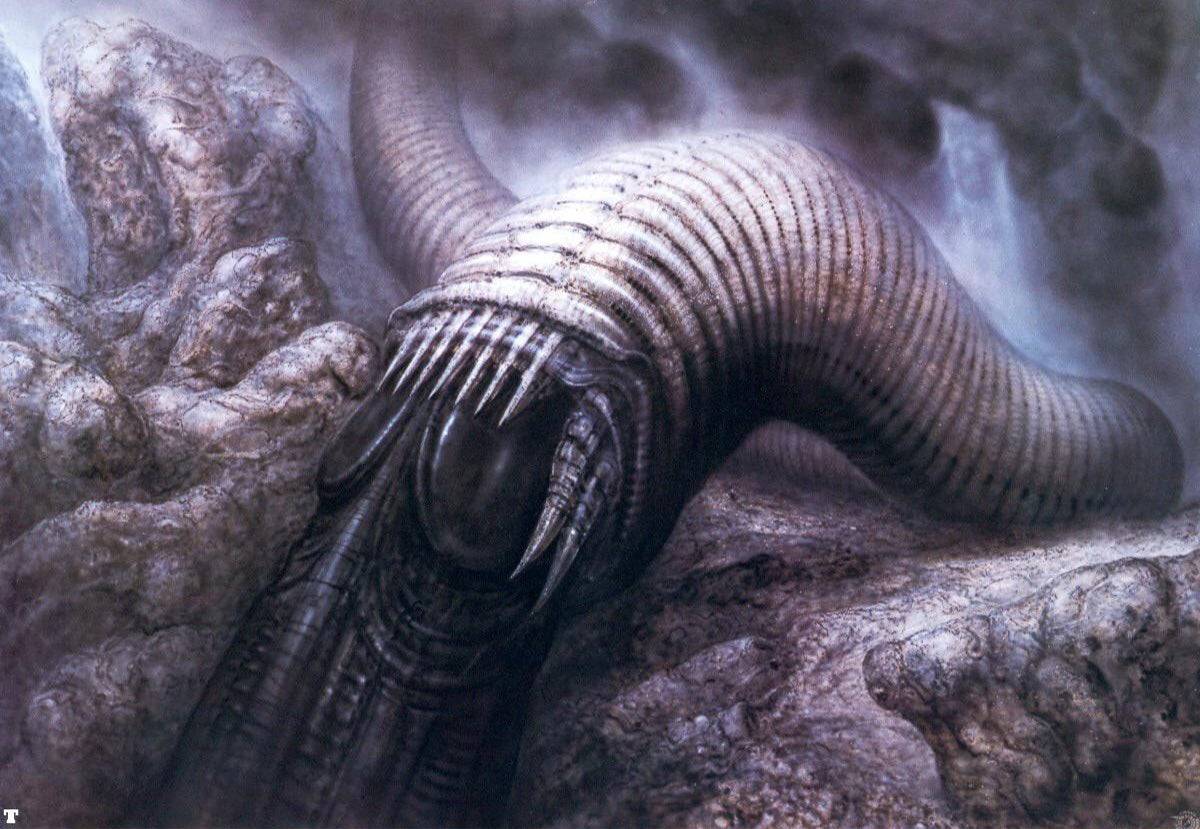
A Different Kind of Messiah
Wurlitzer's Paul is less a reluctant hero and more a confident, almost ruthless leader, accepting his destiny as a potential dictator. This contrasts with Villeneuve's focus on the dangers of charismatic leaders, a theme absent in Lynch's adaptation.
The script's ecological, political, and spiritual elements are interwoven, a balance missing in previous adaptations. Ian Fried highlights the script's nuanced portrayal of ecological consequences, a strength absent in other versions.
While Scott's Dune ultimately remained unmade, its unearthed script offers a fascinating glimpse into an alternate cinematic universe, one that prioritized violence, political intrigue, and ecological themes in a way that resonates even today. The script's bold choices and deviations from the source material highlight the complexities and challenges inherent in adapting such a rich and multifaceted novel.










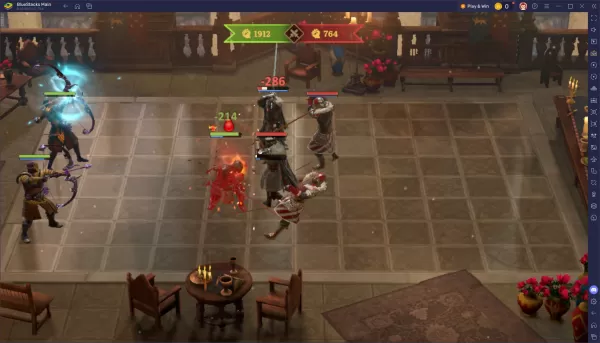

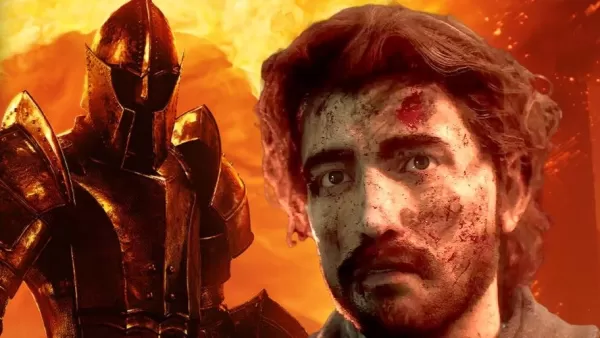









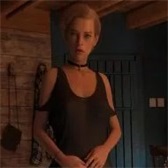
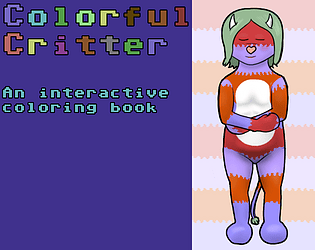
![Salvation in Nightmare [v0.4.4]](https://imgs.21qcq.com/uploads/36/1719555347667e551321c26.jpg)
